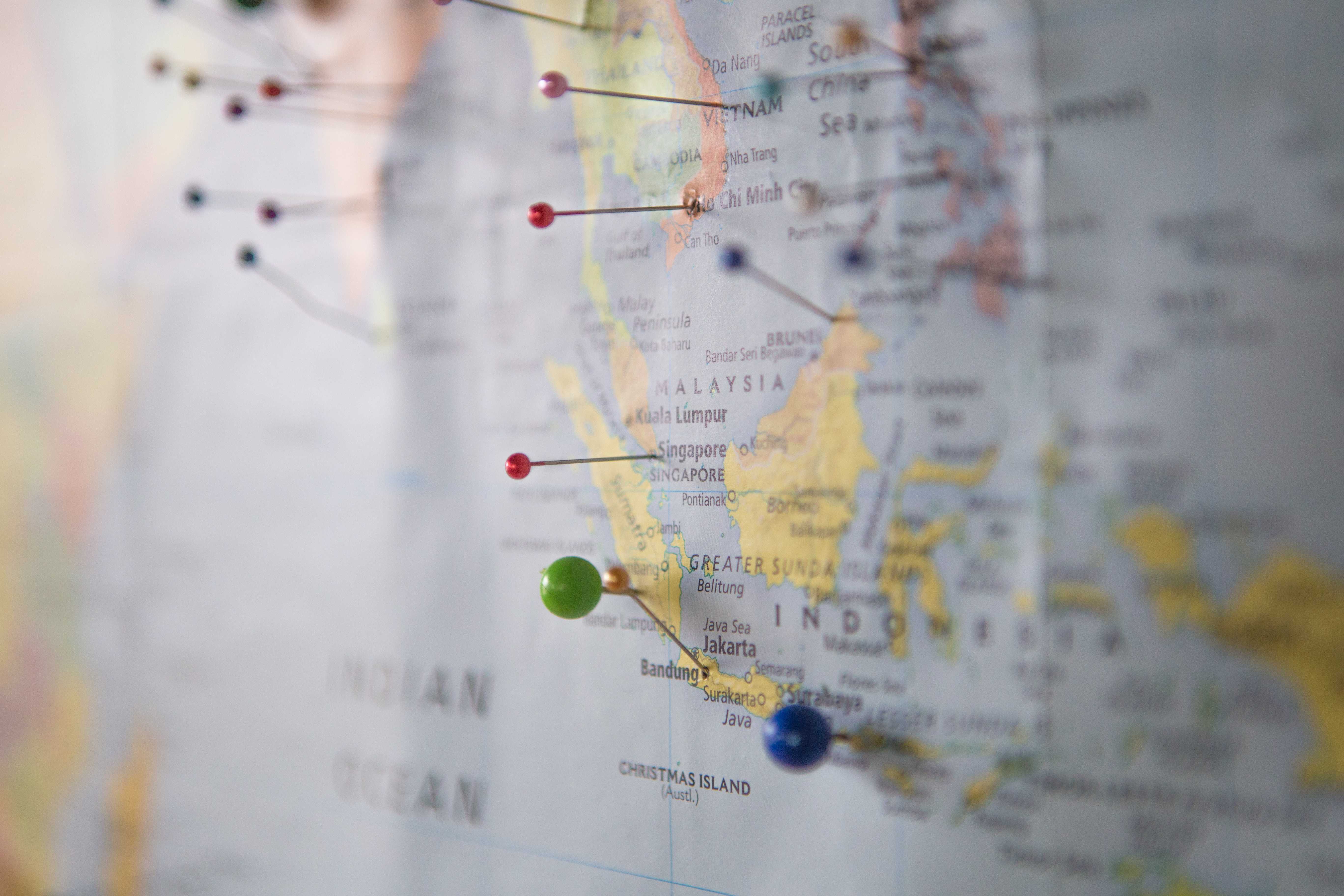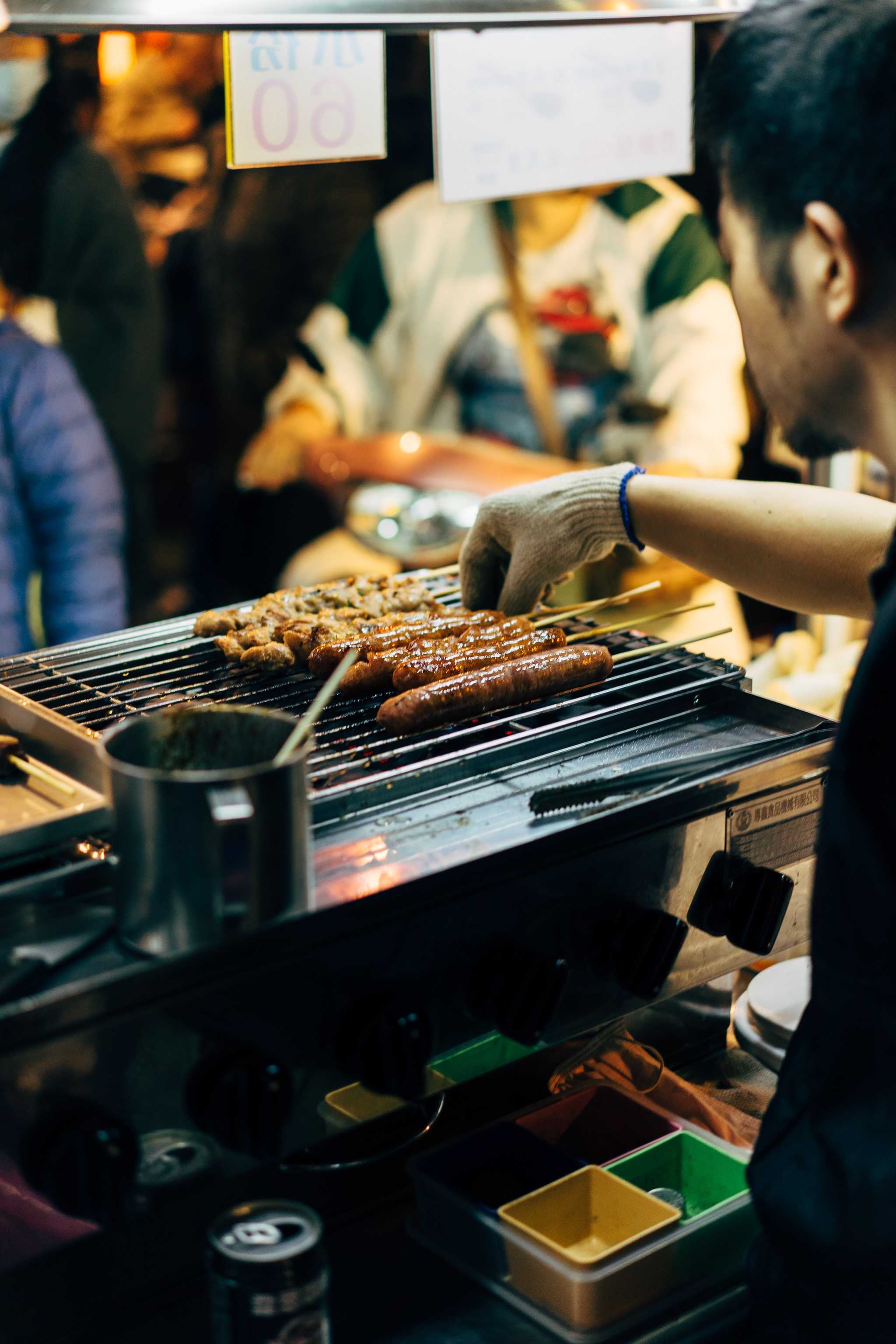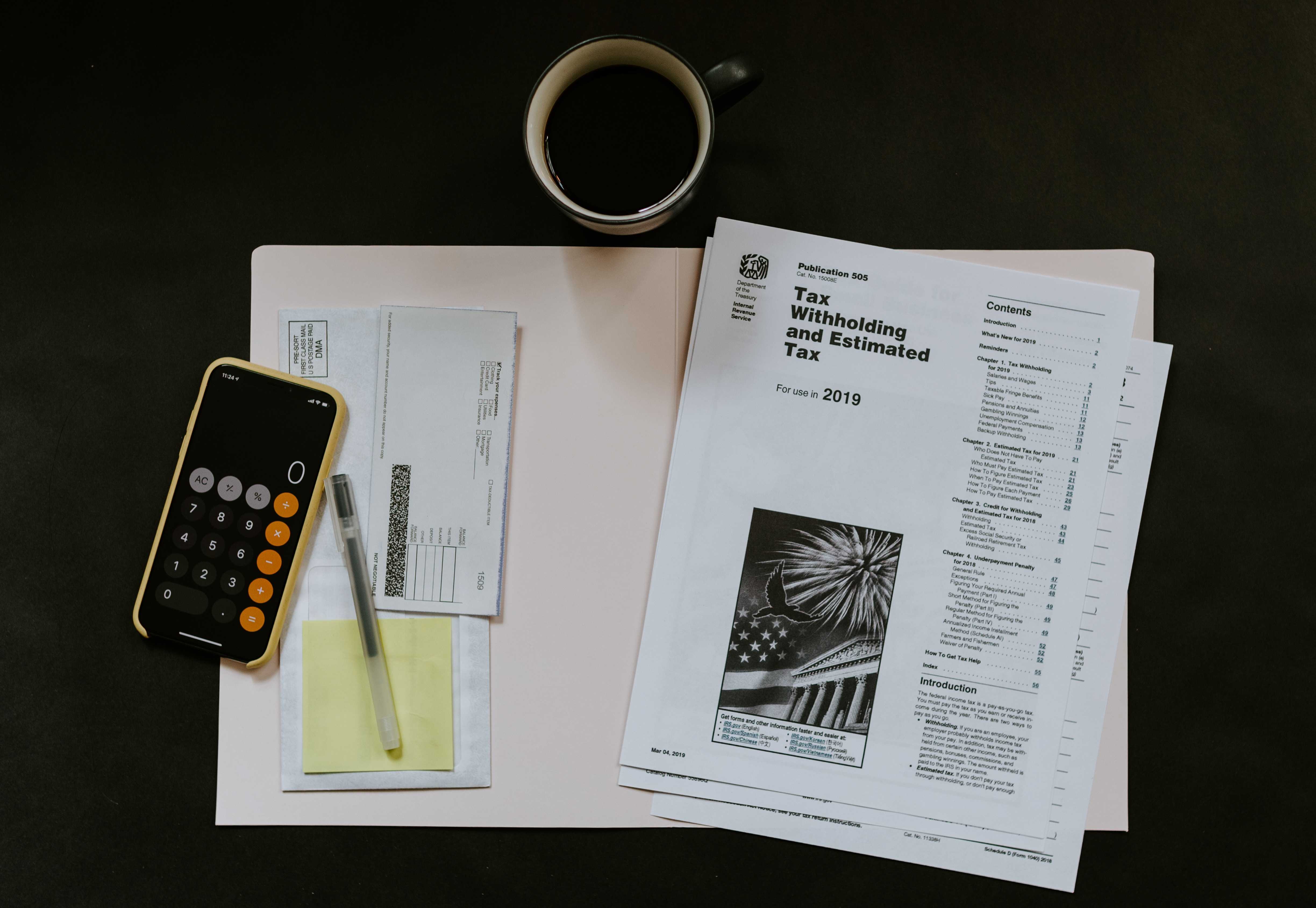You want to travel the world – but first, you need to create your traveling budget.
The number one factor that keeps most people from traveling is finances. A realistic travel budget is crucial to planning your trip. After all, being stranded without any cash in a foreign country probably isn’t your idea of an enjoyable trip.
Using a traveling budget calculator app, worksheet, or planner can help you create a realistic plan, but it doesn’t have to be fancy. Keep reading for a rough guide to creating your travel budget template for your next trip.


What’s Your Travel Style?
There are many different ways to travel, and these will massively affect your traveling budget. A luxury traveler might spend in a day what backpacker traveling on a budget spends in a month. Some people have even figured out how to travel the world with no money by leveraging their social media influence and negotiation skills.
Maybe you’re saying, “I want to travel the world and get paid.” You have options as a digital nomad or remote worker. Are you traveling on a budget with a family? Expect to spend far more than someone traveling on a budget in their 20s.
Where Will You Go?
Your destination has a profound effect on your traveling budget. A week in New York City might cost as much as a couple of months in some popular digital nomad cities like Chiang Mai.
While everyone will spend different amounts in different destinations, you can generally expect Southeast Asia, Eastern Europe, and Central or South America to be less expensive than places like Western Europe, Australia, and North America.
When researching costs at your destination, look for a few travel blogs written with the last two years to get a rough idea of local prices for your traveling budget. Travel cost estimator websites like NomadList, Numbeo, PriceOfTravel, Expatistan, MyLifeElsewhere, and WorldData can also give you an idea of how much to budget for your preferred destination.

Where Will You Sleep?
The primary expense on your traveling budget will be paying for places to sleep – and destination has a dramatic effect on this cost. An ultra-budget traveler might be able to travel the world for free by couch-surfing or staying with friends and family. A backpacker content to stay in hostel dorms can often get by with $10 or less per night in many parts of the world. For a luxury traveler, the sky is the limit for the accommodation portion of their traveling budget.
People working remotely and digital nomads might be interested in co-living options. They tend to be significantly more expensive than hostel living but offer more chances for business-related networking. Slower-traveling nomads can often find a decent Airbnb for monthly rates far cheaper than the same number of nights in a hostel or hotel.
Keep in mind that it’s often cheaper to email or directly book with a hotel, hostel, or apartment. Services like Booking, HostelWorld, or Airbnb are more expensive since you can’t negotiate and must pay middleman fees.
Another useful travel hack to save money on accommodation is to leverage your social media. If you have a large following, you might be able to negotiate a free stay in return for a review posted on your accounts.
What Will You Eat?
After budgeting for lodging, your next most significant traveling budget expense is likely to be food and drink. If you enjoy the nightlife, expect alcohol to make a substantial portion of your budget. If you’re a teetotaler, you’ll save some money – but it’s easy to overspend sampling the local cuisines.
In many places, budget travelers can save significant amounts of money by shopping at local grocery stores and cooking or sticking to low-priced street food vendors. On the other hand, sometimes eating out can be cheaper than cooking at your lodging (for example, in Southeast Asia). Just make sure to look for places where other people are eating to reduce your chance of illness.
Here’s a rough rule of thumb for your traveling budget: expect to spend the same amount for food and drink as you will spend on lodging.

What Activities Will You Do?
Once you’ve budgeted for food and lodging, your activities have the next most significant impact. Fortunately, you have the most control over this portion of your budget.
Some of the best travel activities are free – for example, touring a new city on foot. Others can be quite expensive, like taking a helicopter tour around Rio de Janeiro. Jungle trekking and camping in a tent in some places might only cost a few dollars a night. In other areas like Patagonia’s Torres del Paine trek, this could cost more than a few nights in a hostel. Do your research before assuming prices – and remember, everything is always negotiable.
If your traveling budget doesn’t allow, there are often activities you can substitute. For example, try snorkeling instead of scuba diving. Go for a run instead of paying for a gym. Research and plan your tour of a city instead of paying for a guide.
How Will You Get Around?
Don’t forget to budget for transportation. Simply getting to your destination can be a massive amount of your traveling budget. Still, you can often dodge this part of the cost by being creative with credit card points. To save money, see if your lodging offers free transport to and from the airport.
Once you’re at your destination, you’ll still need to get around. Are you a luxury traveler? Expect to pay far more for private cars than a backpacker happy to hitchhike or catch rides on a chicken bus or local tuk-tuk. Do you have an international driving license? Renting a scooter or motorcycle might save you money over taking Uber, Grab, or Gojek.
Don’t Forget the Unknown
Finally, don’t forget to budget for the unexpected. More significant events like a trip to the hospital, a missed flight, or lost gear can quickly put a dent in your traveling budget – and things will always go wrong.
Other miscellaneous expenses can also add up such as local SIM cards, visa fees, country entry and exit fees, ATM fees, checked luggage fees, parking, and your country’s taxes.

If you’re working online, don’t forget about expenses like your VPN, essential communication software like Krisp, computers and hard drives, and other subscription fees.
Here are a few travel budget tips:
- Take your expected accommodation expenses, and multiply by three to get an estimate of your travel budget.
- Round up – leave an extra 20% in your budget to cover the unexpected expenses.
- If you’re traveling long term, use sites like eBay to get deals on more expensive travel gear like phones and laptops.
- Look for accommodation that offers a free breakfast.
- Work at hostels, ask around for jobs, use Workaway to earn food and lodging, or become a remote worker or digital nomad to make your travel budget last longer
- Always haggle for prices. In many places, this can easily save you 5x on expenses.
- If you’re working online long-term, hire a CPA experienced with digital nomads or expats to help you save money with tax loopholes.
Ready to Create Your Travel Budget?
Use this travel budget template to research your dream destinations and start creating a plan. An excel spreadsheet, travel budget app, or simple pen and notebook are all you need to get started building your traveling budget.


